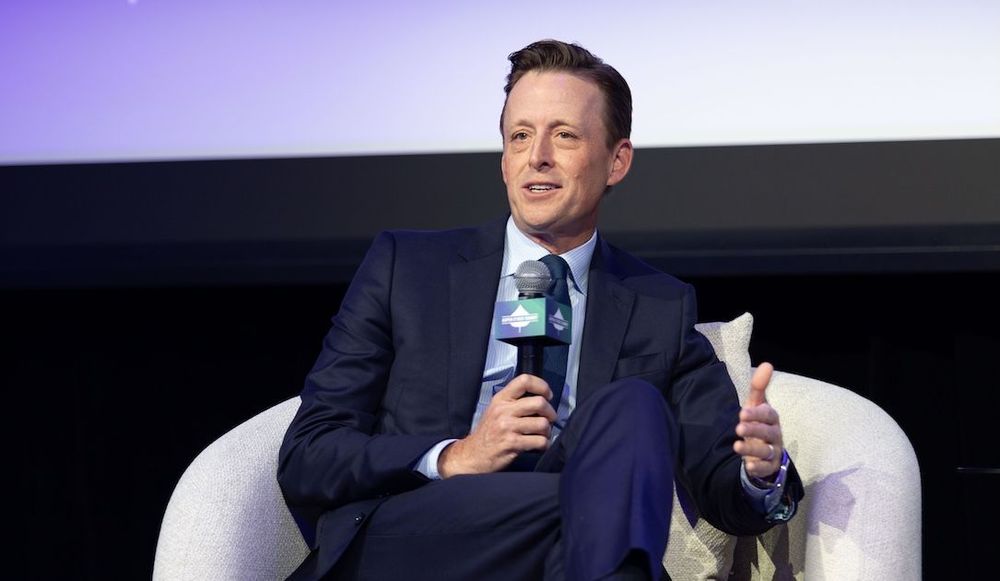National cyber strategy will include focus on ‘shaping adversary behavior,’ White House official says
The Trump administration is moving “quickly” to release a new national cyber strategy, the White House’s cyber czar said on Tuesday.
“We are striving, as an administration, to make sure that there is a single, coordinated strategy in this domain in a way that hasn't happened before,” National Cyber Director Sean Cairncross said at the Aspen Cyber Summit in Washington, D.C.
“We are pressing to get things moving as quickly as we can,” he added, refraining from giving a specific timeline.
The Biden administration released a national cyber strategy in 2023. It called for using regulation to augment the digital security of critical U.S. networks.
Cairncross did offer a rough outline of the forthcoming document, saying it would contain six “pillars” — with one focused on “shaping adversary behavior” and another on public-private partnerships.
“As a country, we have not done a terrific job of sending a signal to our adversaries that this behavior is not consequence free and we need to do that because it is scaling, and it is becoming more aggressive every passing day,” he told the audience.
For instance, on ransomware "we've become good in a sort of a fractured way of responding to things,” he said, but have yet to come up with a government-wide, long-term solution to put a “dent” in the criminal behavior.
As for working closer with industry, Cairncross said his office is focused on modernizing the federal government, launching pilot programs to speed up technology procurement and working with the national labs to test-run new innovations to pick up the pace of adoption.
Cairncross also promised the eventual document would be brief, citing past remarks that he “wasn't going to be producing 100-page documents and that's true here.”
“It's going to be a short statement of intent and policy. Then it will be paired, very quickly, with action items and deliverables under that,” he said. “I am not a fan of dropping things out of thin air on top people and that includes everyone that we work with throughout government. So what we're doing right now is socializing this. We're getting feedback. We are moving this forward in a way that people are brought in know what's coming.”
Speaking on a later panel, FBI Assistant Director Brett Leatherman said his agency has already seen the policy roadmap and contributed to it. He noted ONCD’s intent to give cybersecurity experts across the government meaningful follow-up actions “really does rally the interagency around certain lines of effort.”
Kemba Walden, the former Acting National Cyber Director under President Joe Biden, stressed during the event that the accompanying action plan with clear objectives and deliverables is important but “the third piece is the budget, especially across government.”
“A lot of government agencies have unfunded mandates and that is not helpful," said Walden, now President of the Paladin Global Institute.
The scheme for federal agencies should allow them “to be able to leverage their best superpower to that campaign and then industry to sort of find a way to fit into that action plan,” she added.
A focus on spending would also bolster the partnership with the Office of Management and Budget.
“I know it's not the sexiest agency in the White House, but it is a very important, powerful agency.”
Martin Matishak
is the senior cybersecurity reporter for The Record. Prior to joining Recorded Future News in 2021, he spent more than five years at Politico, where he covered digital and national security developments across Capitol Hill, the Pentagon and the U.S. intelligence community. He previously was a reporter at The Hill, National Journal Group and Inside Washington Publishers.



